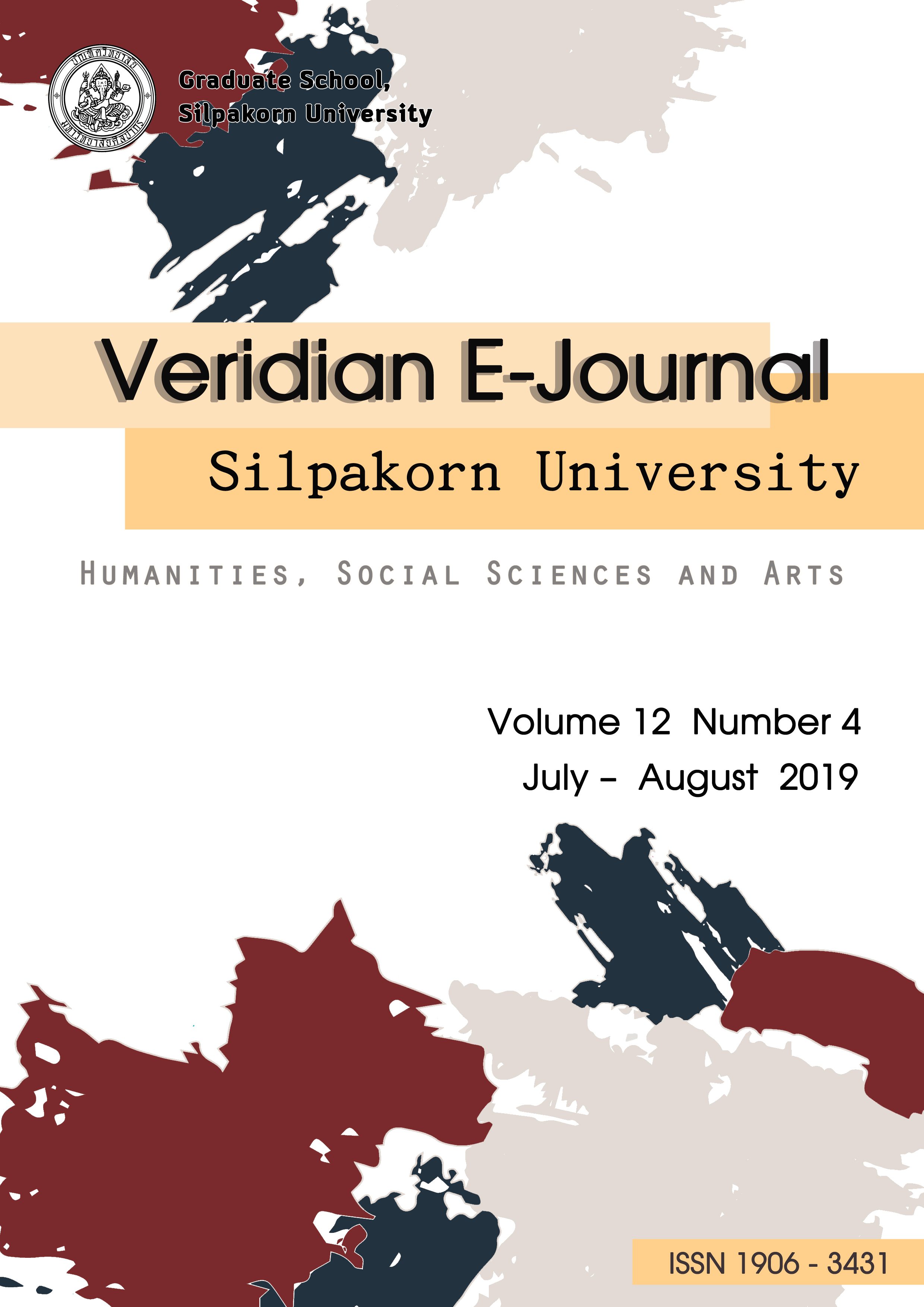Because Schools Are Anywhere And Anytime:Students' Attitudes towards Asynchronous Online Learning
Main Article Content
Abstract
Due to the fact that Internet Revolution and Knowledge Age of the 21st century has been introduced to the global society and influenced students who could be considered as Generation Z to employ digital tools as a part of their life necessities, using social media for learning English language became easy and accessible educational materials which students can perceive their usefulness and ease of use. This study was conducted to investigate the relationship between two dependent variables which were the social media (X1 - Youtube, Twitter, Google+ and, and Facebook) and students' personal data (gender, university type, and degree) and to explore attitudes towards the use of social media in their EFL classroom. The data were collected by employing a questionnaire developed from the integration of TAM and TTF model. After analyzed by Two-Way ANOVA, the results indicated that there was not a significant relationship between the students’ attitudes and the students’ factors. Furthermore, it was found that the participants tended to learn English through YouTube more than other kinds of social media while most of the previous studies focused on learning English through Facebook. The research can be concluded that it resulted from the participants, the digital natives, who have been surrounded by digital tools since they were born. Consequently, genders, types of universities, and degrees did not affect their actual use and there should be further studies focusing on YouTube as a tool for English language teaching and learning.

